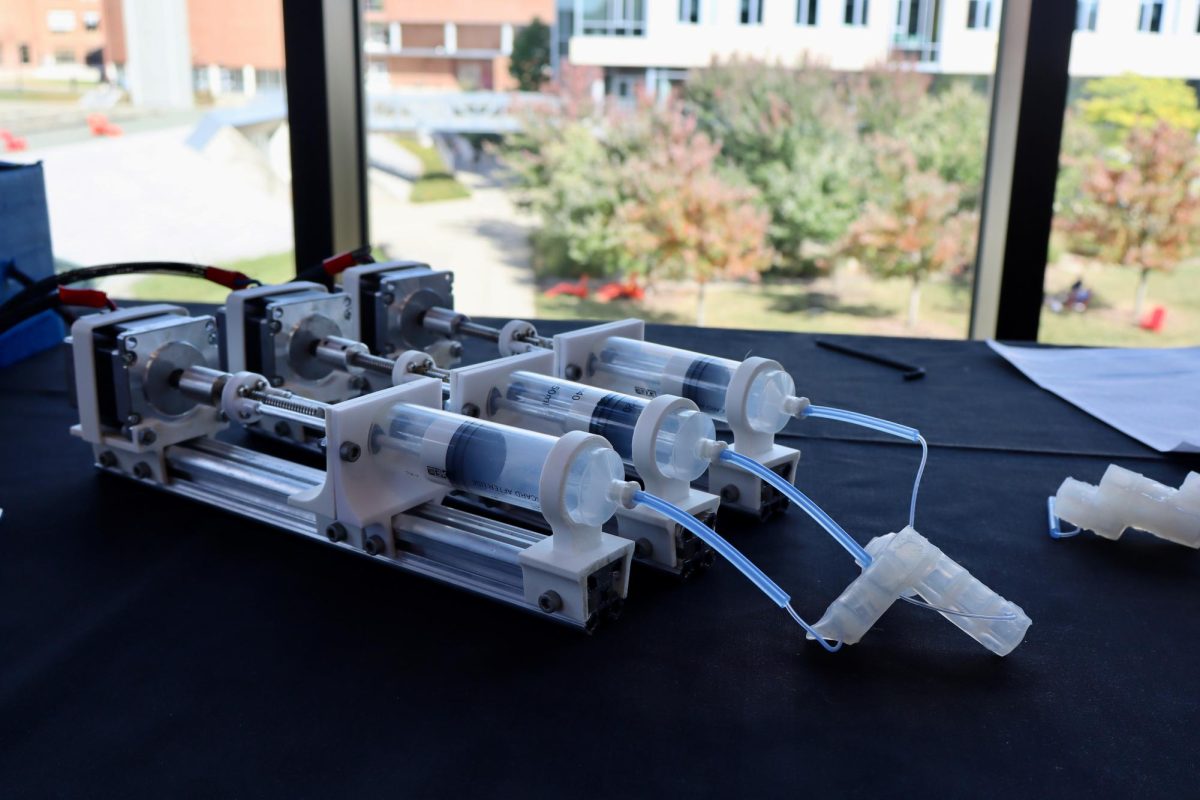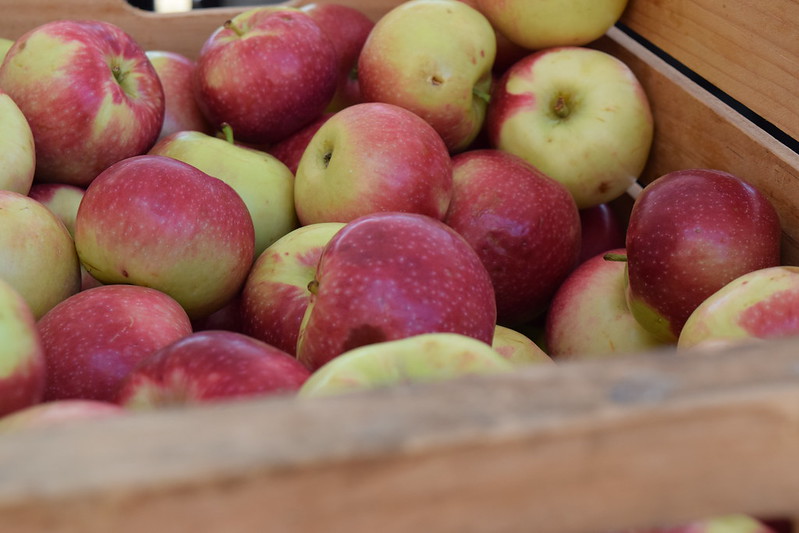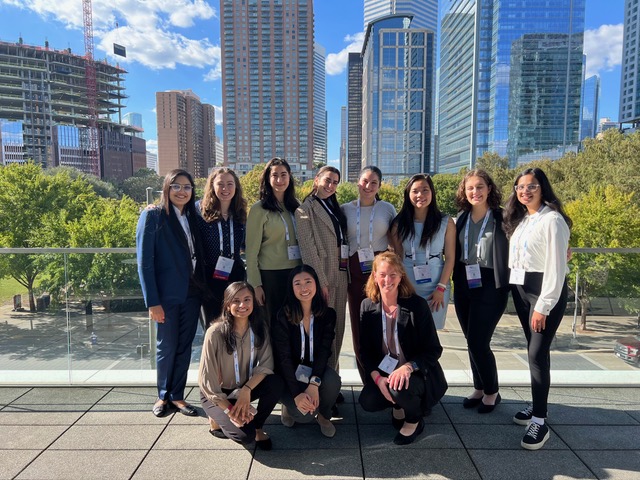
Peter Chien, a biochemist at the University of Massachusetts, is part of a team of researchers that conducted a study that could be key to the development of new antibiotics.
The team’s discovery unveiled a major bacterial process that is crucial for bacterial growth, virulence and infection, according to a UMass press release. The research was completed in partnership with a team of University of California, Berkeley biochemists led by Kathleen Ryan.
“There is a present human health need for the development of alternative antibiotics,” Chien said. “The mechanisms of the current ones are becoming less effective. There is a rise in the antibiotic-resistant bacteria reservoir.”
According to the release, the scientists involved in the project illustrated specific components of proteolysis, a method used by a significant portion of living things to control cell growth and division by deleting specific proteins at a certain time.
Previous studies have suggested that this system is a contributing factor to bacterial virulence. However, it has never been exploited to fight infectious disease due to the poor understanding of the pathway preceding Chien’s research.
According to organizations such as the National Institutes of Health and the Center for Disease Control and Prevention, modern antibiotics are only effective against cells that are actively growing and dividing. Proteolysis is a strategy that lets pathogens become temporarily inactive, allowing them to hide and become resistant.
This molecular network depends on specialized enzymes called proteases, which are mentioned in Chien’s study. They are capable of receiving signals from the environment, and in the presence of stress, these proteases selectively destroy proteins that are in charge of initiating tasks related to cellular growth and division.
Chien and the team he worked with conducted research to discover how these substrates are identified so precisely by the proteases and how their degradation affects the different regulatory activities of the cell, according to the release.
The research identifies the steps of regulation of protein degradation in the bacterium Caulobacter crescentus. Chien said that the organism was an ideal candidate for the experiment because of its requirement to perform proteolysis to complete its cell cycle.
The results of the study indicate that proteolysis requires additional molecules called “second messengers” and “adaptors.” These are responsible for helping the cell respond to external signals and determine which proteins must be removed.
“Regulated protein degradation is a concept that was first thought of about 20 years ago,” Chien said. “Because of the complexity of molecular events that it entails, being able to reconstitute the process is a great accomplishment.”
Chien’s research was funded by the National Institute for General Medical Sciences (NIGMS), an organization belonging to the NIH, according to the release.
The results of the study were published in an online edition of the journal, Proceedings of the Natural Academy of Sciences. The NIH recently awarded Chien a five-year, $1.4 million grant to continue his research on protein degradation, with the aim of isolating pathways necessary to decrease virulence and antibiotic resistance, according to the release.
Cecilia Prado can be reached at [email protected].


















